#100 Upsetting Reads (that are actually pretty good)
The Bible Told Them So, Money Lies and God, Blazing Eye Sees All, Careless People, and Everything is Tuberculosis
Quotes & Things
“Remember to celebrate milestones as you prepare for the road ahead” - Nelson Mandela
This is my 100th post to this newsletter. I started this newsletter as a creative outlet for myself at the beginning of 2021 and four years later, I’ve finally hit 100 (which just about matches my readership). Those of you who have been around from the beginning saw me find my footing, changing from a prescriptive set of a book, a podcast and a poem I recommend to curating books and other media around a specific topic. Sometimes that topic is as simple as the mystery books I’ve been reading lately or can be as heavy as spiritual trauma and the resources to learn more.
I’ve never been very ambitious about this newsletter, never wanted to turn it into a side hustle, but I have very much gotten value out of writing it as I hope you have had in reading it. I don’t know if I’ll still be writing my reviews four years from now or not. I would like to write a book at some point (topic still TBD), but I will always be reading and, hopefully, providing you reviews on what I think would be good reads for you. I love to read and learn, and the teacher in me loves to share that knowledge. So thank you for letting me share with you over the past four years.
And now…to the books! I don’t know about you, but these days have been…unsettling, to say the least. So to match that mood, I read a lot of books about some hard topics. I’ve also read a lot of cozy mysteries and romances — I need escapism too, but that will be another post for another time. But for today, let me share with you some excellent books that may take you into despair, help you see the connection from the past to the present, lead you into action, and maybe find a glimmer of hope.
Book Reviews
The Bible Told Them So: How Southern Evangelicals Fought to Preserve White Supremacy by J. Russell Hawkins
In this dense, pin-pointed history on the segregationist efforts of the Baptists and Methodists in South Carolina, we discover the throughline between how these Christians interpreted the Bible to how this informed their segregationist views even beyond when it was socially acceptable to harbor those views, necessitating a new tactic — colorblindness. This is an academic text, so it’s not the easiest to get through, but it’s also pretty short, and Hawkins gives us all the receipts for how Southern congregations oftentimes went against their denominational leadership in order to keep a separation of the races in their churches and schools. Being a new Methodist, I actually also learned a lot about how the Methodist church is structured, and how Christians used that structure to maintain segregation. The story told in the book wasn’t surprising, but it did help me understand church history in this time period and how it continues to influence Southern congregations today.
The most interesting section on the book is very relevant to Texans today as I learned that school vouchers have a segregationist history. Some of the rhetoric we hear today for why Texans need school choice and school vouchers is near identical to the rhetoric in the 1950’s and 60’s. Also, the cry that even talking about race is racist is exactly what our current administration claims and why it has decided to rid the country of DEI initiatives. That’s why I like reading these history books — we can see that the racist thinking today using different words is just a repeat of the racist thinking back then.
Favorite Quotes
“What began as voluntary separation between Christians of different races in the nineteenth century had, by the mid-point of the twentieth, become a holy command in the minds of many white southerners.”
“Segregationist Christians read the Tower of Babel story as the point when God separated people groups and placed them where he wanted. According to this narrative, southern whites and blacks are segregated races placed exactly where they are by God’s hand. They thus viewed the federal government’s attempt to hoist integration upon the South as a plan contrary to God’s clear intent as established in the Babel story.”
“Historians have long noted the democratic nature of American Christianity in which ‘it is the people who are custodians of orthodoxy.’ Orthodoxy, in other words, is determined in the United States by majority rule. For segregationist Christians, then, the legitimacy of their biblical hermeneutic was predicated not on ‘sound’ exegesis but on popular opinion.”
“When Christians hold beliefs that run contrary to the broader culture, they have historically stopped publicly espousing these beliefs for the sake of social civility. But they do not stop believing them.”
“It was not the existence of racial inequality that concerned these white Christians but the perpetual attention to race that, in their minds, did not allow racial scars to heal. How could these Christians get beyond race […] if they kept taking about race? What was needed in the battle over race was a new standard called colorblindness. […] With colorblindness, segregationist Christians were able to curtail the conversation. They were the ones who supposedly wanted to move on from race, the ones who wished to put the past behind them and march into a future where race no longer mattered. But recognizing the genesis of this colorblind position is crucial for understanding its true intent. […] Colorblindness had its roots in the segregationist movement.”
“With this new rhetoric came a new paradigm of adjudicating racism, wherein individualized feelings of hostility or benevolence would serve as the barometer of racism rather than institutional policies or actions that produced or perpetuated racial inequities. The ultimate goal for white Christians espousing these colorblind arguments was ostensibly a heart that held no prejudice toward someone with a different skin color in order to arrive at a point where race held no meaning. Freed from the shopworn segregationist theology of the 1950’s, the new rhetoric of individual colorblindness allowed conservative white Christians to argue against programs and policies that promoted racial inclusiveness and equity in the 1970’s precisely because such initiatives violated colorblindness with their intentional attentiveness to race. And with individualized metrics of racism in place, white Christians could in good conscience build new ‘colorblind’ structures of inequality to replace the outdated Jim Crow versions.”
Money Lies and God: Inside the Movement to Destroy American Democracy by Katherine Stewart
This is my lowest rated book in the bunch, but I still got some good nuggets out of it. In this investigation into how the anti-democracy movement in American is financed and spread, Stewart gives us a thorough reporting of who is providing the funding to various organizations that focus on Christian nationalism or in other ways chip away at democracy. This section about money read like a large list of uber-wealthy donors and the organizations they give to. Not the most stimulating reading. I almost think a large, and visual flow-chart of where the money goes would have been better and more helpful than that large section of this book. But what I did take away from this part is that there are a lot of insanely wealthy people out to either make more money or gain more power for themselves and how they think the government should be run — even down to dismantling the public school system.
The next section about what lies are being told was something I honestly skimmed through. If you are at all a news reader, you will likely have heard many of the vile things the far-right spews and I just didn’t feel like reading that all over again. I thought I might skim through the next section about religion, but I think this is actually the most interesting and well-written part, and clearly the one the author has more personal connections with. I knew that many churches have aligned themselves with Christian nationalism and act like a “get out the Republican vote” center, but I didn’t realize how the ideology, particularly of Pentecostalism (the fastest growing Christian denomination) fits so well into anti-democratic thought. This brand of Christianity is focused on spiritual warfare and fighting the enemy at all costs, which jives exactly with those who want to tear down democracy and build a Christian theocracy supported by an oligarchy. On the opposite side of the Reformation, there is a section of the Catholic Church that claims the gospel is “not to pursue social justice but to promote the capitalist institution of property, markets, and free enterprise.” In my opinion, that is just a willfully incorrect interpretation of scripture. But the point of this section is to show that though there is lots of money and organization to back these ideas, the work is not centralized and there are many disparate groups working with and sometimes against each other.
I did learn things from this book, but it certainly wasn’t written to entertain and was heavy on the reporting and light on the analysis. In the conclusion of the book, Stewart gives ideas for how to combat the anti-democracy movement and I think some of her suggestions are helpful, and others are good ideas, but unrealistic in terms of happening in the near future with our current government entrenched in this ideology. I also wasn’t sure who this book was for — certainly not to persuade those who have come to believe the far-right lies — her tone is far to condescending for that — but I’m also not sure it was for a liberal like me either. Why is this information helpful to me other than to create more panic about the state of our country? I’ve decided to glean from it what I could and put the rest out of mind.
Favorite Quotes
“In recent years a political movement has emerged that fundamentally does not believe in the American idea. It claims that American is dedicated not to a proposition but to a particular religion and culture.”
“The psychic payoff that the new, antidemocratic religions and right-wing nationalism offers its adherents is the promise of membership in a privileged ‘in-group’ previously associated with being a white Christian conservative, a supposed ‘real American,’ with the twist that those privileges may now be claimed even by those who are not white, provided they worship and vote the ‘right’ way.”
“Anxiety about traditional gender roles and hierarchies is the rocket fuel of the new American authoritarianism.”
“In most cases the goal is to undermine public education as it currently exists and replace it with publicly funded private academies (along with taxpayer-subsidized homeschooling). The immediate objective for religious partisans is to nab a flow of public money for their religious organizations. For fiscal conservatives, the aim is to indoctrinate children in their preferred economic ideology.”
“The decisive development in the first decades of the twenty-first century was not the alliance between Team Money and Team God but the simple fact that, thanks to escalating inequality, the big money got a lot bigger. What was new was the number of zeroes in the checks — and the extremism of the thinking guiding the money people.”
Blazing Eye Sees All: Love Has Won, False Prophets, and the Fever Dream of the American New Age by Leah Sottile
I had heard of the cult Love Has Won a few years ago — that the founder had died and was discovered mummified in the house of her followers, but that’s pretty much all I knew. Sottile’s book takes us deeper into this cult, but what I really found fascinating is that she takes us back and back and back to where New Age thinking began and how it has transformed over time. Apparently lemurs are involved as well as the ever present antisemitism. Sottile also draws a connection between these new age groups and today’s far-right thinking and its penchant for conspiracy theories. And when I say draws a connection, she does so in very subtle ways — no thesis statement out to prove. I also appreciate that she treats all of the people in the book with care and compassion, telling people’s stories without herself speculating on their mental health. She does interview other people who comment on what many people who are attracted to these kinds of cults are dealing with mentally, but she makes no judgement herself. Sottile also has a lovely writing style that is easy to read and very engaging. Highly recommend if you are interested in learning more behind the scenes of New Age thinking and if you can’t help but want to read a cult exposé.
Favorite Quotes
“The term ‘New Age’ (often used interchangeably with ‘metaphysical’) is literal; historically, New Age seekers share an idea that a new era of human history, and consciousness, is imminent — that if we can just push through the current darkness, there is light ahead.”
“This speaks to one of the movement’s most undeniable facets: New Age ideas have had a longstanding appeal to women. Dreams and emotions are not discarded, but studied. It is a world where women are not followers but leaders, acting as gurus, mystics, living goddesses. […] And this remains starkly at odds with many traditional religions, where women cannot be ordained, and their bodies and sexualities are legislated by men of faith.”
“Spiritualism became a realm where women could reject the Victorian values that caged them. As Spiritualists, women found a profession they could excel in, and an independence from patriarchy. Medium-ship was a world where the feminine qualities that society had deemed feeble and weak were actually seen as a strength.”
“Love Has Won was based on a legacy of belief in America, and thrived from a structure in this country that allows people to lie if they say it’s in the name of their God. Love Has Won thrived on hate and spread it as far as they could across the internet. Whether or not God being a woman is provable, Amy sold herself as one and got people to sit at her feet while she called drunken rants and conspiracies prophecy. She surrounded herself with those who desperately wanted to believe, and those people fed her, and clothed her, and cared for her needs like she was royalty. She got them to concoct substances that can poison people. Eventually they fed her own poison back to her.”
“Love Has Won duped people by exploiting the mythology that American loves to recite: that you can be somebody if you want it enough. That’s what makes this country so free. The freedom to create your own destiny. The freedom to believe in what you want, and who you want. Amy wanted to be worshiped. She found believers willing to do that.”
“Where there is destruction, or fear of it, there come new myths.”
Careless People: A Cautionary Tale of Power, Greed and Lost Idealism by Sarah Wynn-Williams
This memoir was very good, but it was also one of the most upsetting books I’ve read in a long time. Sarah Wynn-Williams worked as the global policy director of Facebook for 7 years. Early on she saw that Facebook would be a global player, and she set out to steer Facebook to be a force for good in the world. But the story of this book is that she was foiled at nearly every opportunity for (moral) growth because those in power just simply didn’t care about the well-being of people or countries. All they cared about was growth and wealth at all costs.
And maybe that is just the story of capitalism writ large, but seeing it all laid out, almost like a (highly engaging) whistleblower report was pretty devastating to me. I sort of knew much of what Wynn-Williams reports here, but reading about Facebook’s leaders’ indifference to the harm their company has caused the world, left me bereft. Why do the most powerful people always prioritize wealth over humanity?
Wynn-Williams takes us through her early idealistic days through to the tragedy of Myanmar at the hands of Facebook. And in between she also tells us what an awful company Facebook is to actually work for — rife with sexual harassment and the gaslighting of Sheryl Sandberg who claims that women can have it all — a family and a career, but in reality does not actually support a work/life balance.
Ultimately, this book has led me to decide to completely opt out of all Facebook-owned products like Facebook and Instagram. I know Facebook is not the only company in the world that acts in these kinds of careless ways, but I don’t want to participate anymore. This is a hard decision because Facebook has done some good — it connected me with people, and helped me stay on top of goings on in my neighborhood, but if I’m honest, Facebook doesn’t really provide these functions anymore. I am mostly confronted with ads and news, not updates from people I care about. And I’ve heard Beth Silvers, a podcaster from Pantsuit Politics call Instagram a digital mall. It’s not for connection; it’s there to sell you stuff. And if I’m honest with myself, scrolling on these social media sites does not make me feel good — either about myself or the use of my time.
I don’t judge anyone for staying on Facebook. Even though it is seriously flawed, it is still some people’s best way to connect to others on the internet. In deactivating my Facebook account, I know that I will feel like I am missing out on a large part of the world. But I can opt out, so I will; I can find alternative ways to connect to others. I’m doing so right now with Substack even though it has it’s own issues. I’m going to do more to connect directly with the people I care about. I don’t know if social media will ever be a global force for good like we hoped, but I can remove myself from the corruption of at least one of these companies, and then work to educate myself on the inner workings of others.
Favorite Quotes
“[At Facebook], effort, productivity, and the sacrifice of everything else in life are valorized and fetishized.”
“Facebook’s business model depends on it conquering new territories. Expanding exponentially. It’s a growth-at-all costs approach.”
“The expectation at Facebook is that mothering is invisible, and the more skilled you are, the more invisible it is.”
“At this point I’m still a true believer in Facebook’s mission to change the world. And I had thought my role in it — my contribution — would be to get Mark to engage internationally, meet with real heads of state. I thought that would teach him to exercise political power responsibly. Make reasonable compromises when needed, on privacy, protecting children, and whatever mattered. Build a company that would make money, sure, but also be a good citizen of the world.
But now it occurs to me that maybe Mark isn’t on the same page at all. Somehow, introducing him to global leaders and putting him on the world stage at the United Nations is having the opposite effect of what I’d hoped. He seems to be giving less of a damn. Saying things because they sound good. Posting things because they look good. Looking back now, I regret having enabled this.”
“So in Myanmar, if you’re on the internet, you’re on Facebook, and because of this, Myanmar demonstrates better than anywhere the havoc Facebook can wreak when it’s truly ubiquitous. The best way I can describe what’s happened there is a kind of lethal carelessness. At every turn, when Facebook’s leaders see how Facebook is inflaming tensions and making an unstable and frightening political situation much worse, they do…nothing.”
“Now I’m consumed by the worst of it. The grief and sorrow of it. How Facebook is helping some of the worst people in the world do terrible things. How it’s an astonishingly effective machine to turn people against each other. And monitor people at a scale that was never possible before. And manipulate them. It’s an incredibly valuable tool for the most autocratic, oppressive regimes, because it gives them exactly what those regimes need: direct access into what people are saying from the top to bottom of society.”
“It really didn’t have to be this way. I can’t state that strongly enough. If I had to sum up what seven years of watching the people running this massive global enterprise taught me, it’s that something else was possible. They really could have chosen to do it all differently and fix so much of what’s been destructive about Facebook. At every juncture, there was an opportunity to make different choices; China, Myanmar, elections, hate speech, vulnerable teens. They could’ve made it right again. A different path was possible. And in the long term, it would’ve been in their own self-interest too. Facebook, the business, the brand, and the company, would be better off. We all would be better off.”
Everything is Tuberculosis by John Green
I’ve been a fan of John Green’s books and YouTube channel for a long time, so I was aware of his current obsession with tuberculosis and why a disease that is curable is still the world’s deadliest disease. This book lays out why that is still the case, going through the history of tuberculosis, the cultural and racist myths created around it, and the fact that as a planet we just don’t seem to value human life over profit. It is extremely readable and also pretty short. You could read this in an afternoon and become radicalized, wanting to take action against a horrible disease that no longer really affects wealthy nations like ours. You will also learn that our current version of (at least White) beauty standards stems from how tuberculosis made over the body — translucent skin (from lack of oxygen), rosy cheeks (from fever), and extreme thinness (there’s a reason tuberculosis was once known as consumption).
But beside all that history, this is really the story of one TB survivor and activist, Henry Reider, whom Green met in Sierra Leone’s struggling hospital. We follow Henry’s history with tuberculosis and the systemic injustices that lead him to such a severe case of the disease. 1,250,000 people die every year of tuberculosis, but Green highlights one boy, one human, so that we can see how we contribute to the ravages of this disease and ways we can help cure it.
Favorite Quotes
“And so TB revealed itself to be not a disease of civilization, but a disease of industrialization; of crowding and intermingling in huge cities with packed tenements and factories where coughed-up particles could linger in the stale air.”
“Even after we understood that TB was an infection, we continued to blame it on the sufferer, but with a radically racialized and stigmatic lens that caused more harm to the ill than even previous forms of stigma.”
“When I visit with TB survivors, almost all of them cite stigma as the greatest challenge.”
“Why must we treat what are obviously systemic problems as failures of individual morality?”
“TB in the twenty-first century is not really caused by bacteria that we know how to kill. TB in the twenty-first century is really caused by those social determinants of health, which at their core are about human-built systems for extracting and allocating resources. The real cause of contemporary tuberculosis is, for lack of a better term, us.”
“We cannot address TB only with vaccines and medications. We cannot address it only with comprehensive STP programs. We must also address the root cause of tuberculosis, which is injustice. In a world where everyone can eat, and access healthcare, and be treated humanely, tuberculosis has no chance. Ultimately, we are the cause. We must also be the cure.”
A Question for You
Read anything lately that you were so disappointed to learn, but also kind of glad you had?


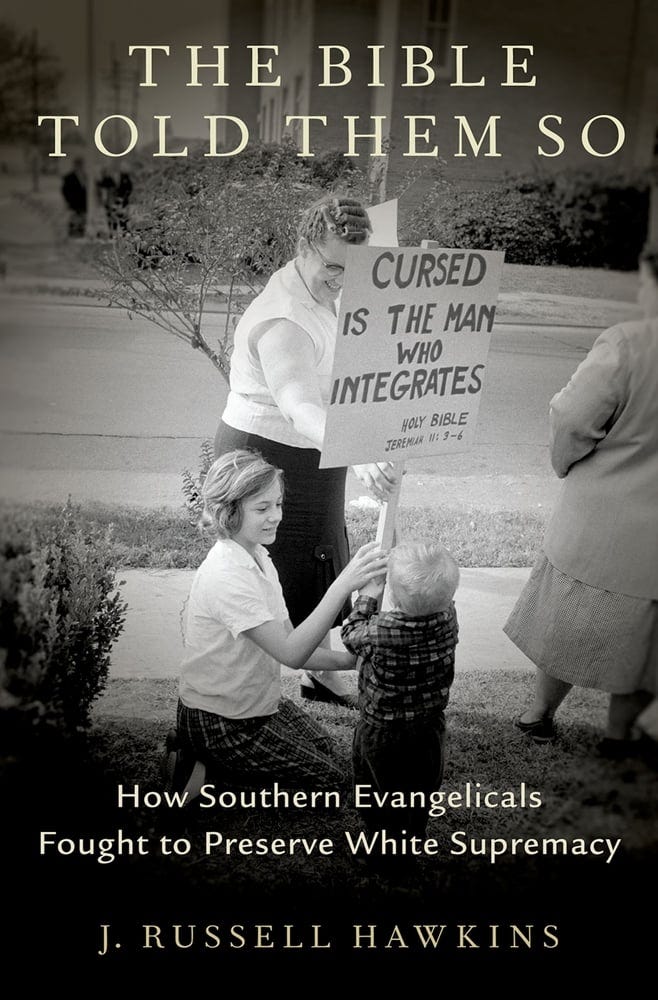
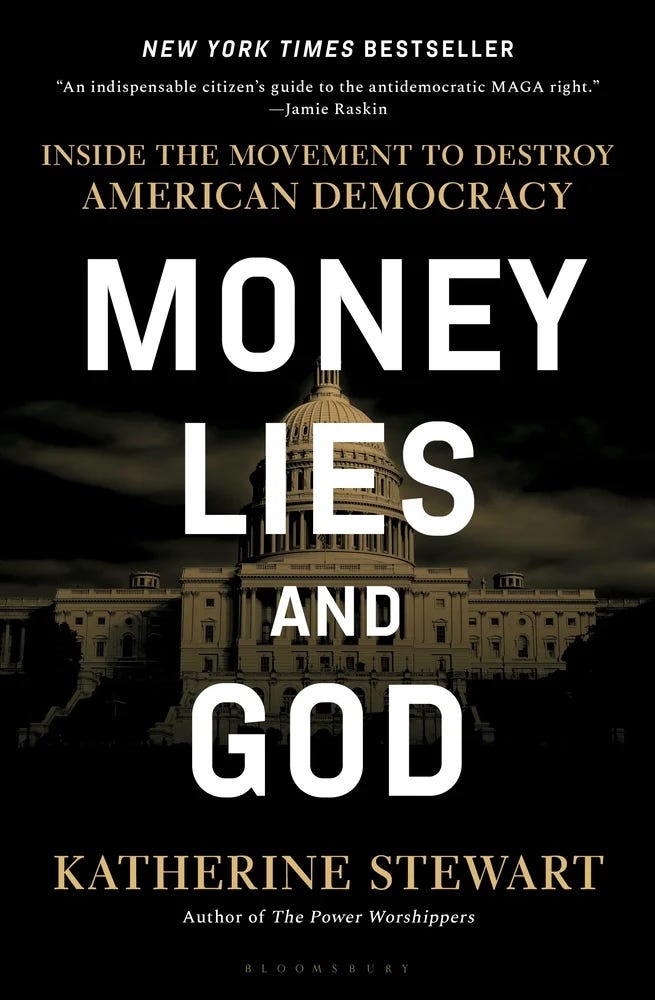
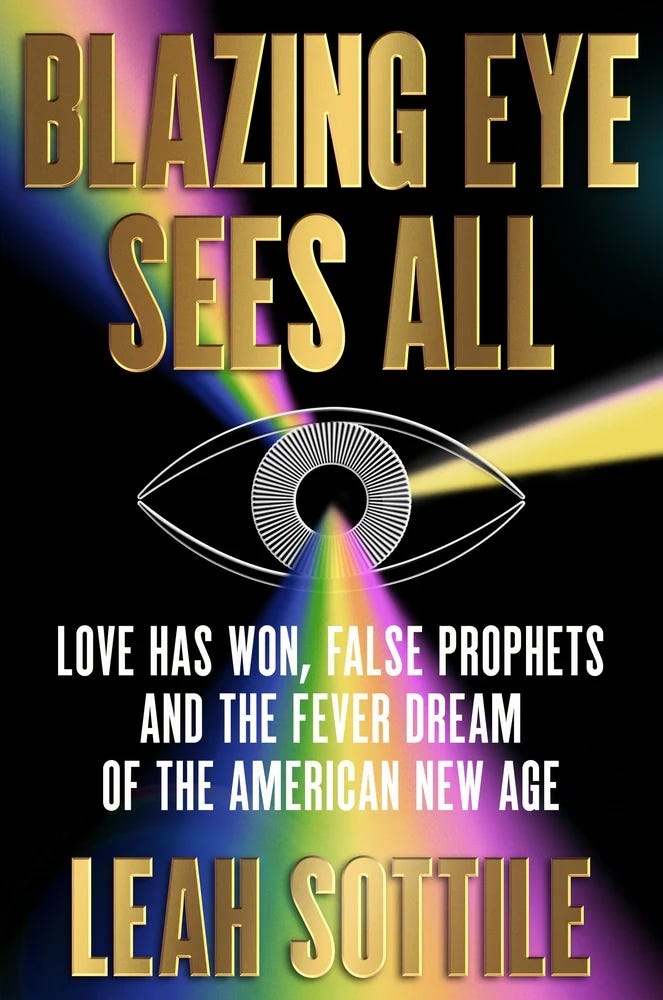
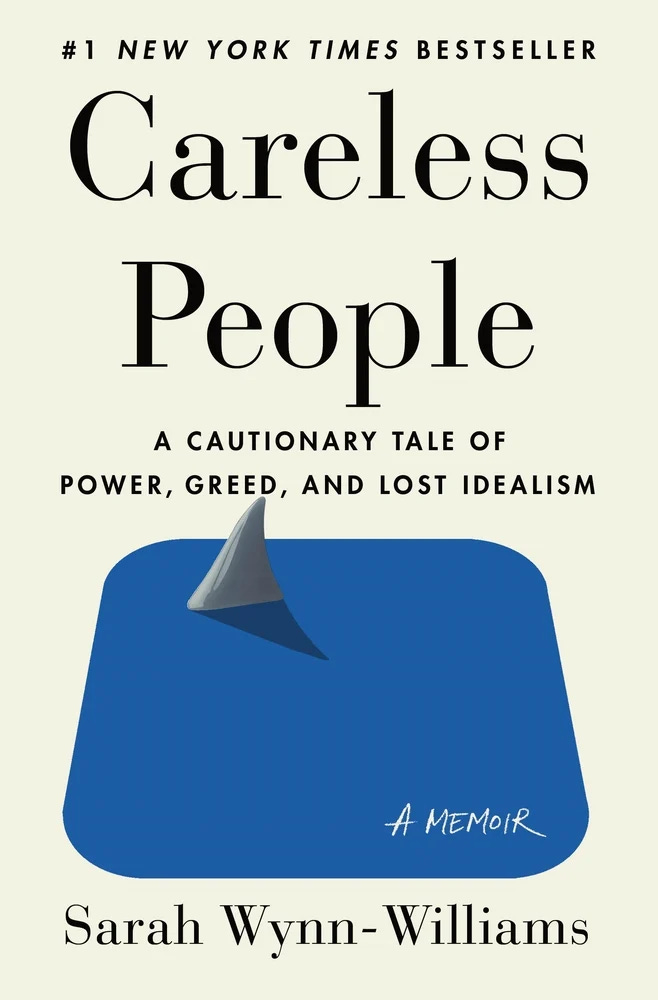
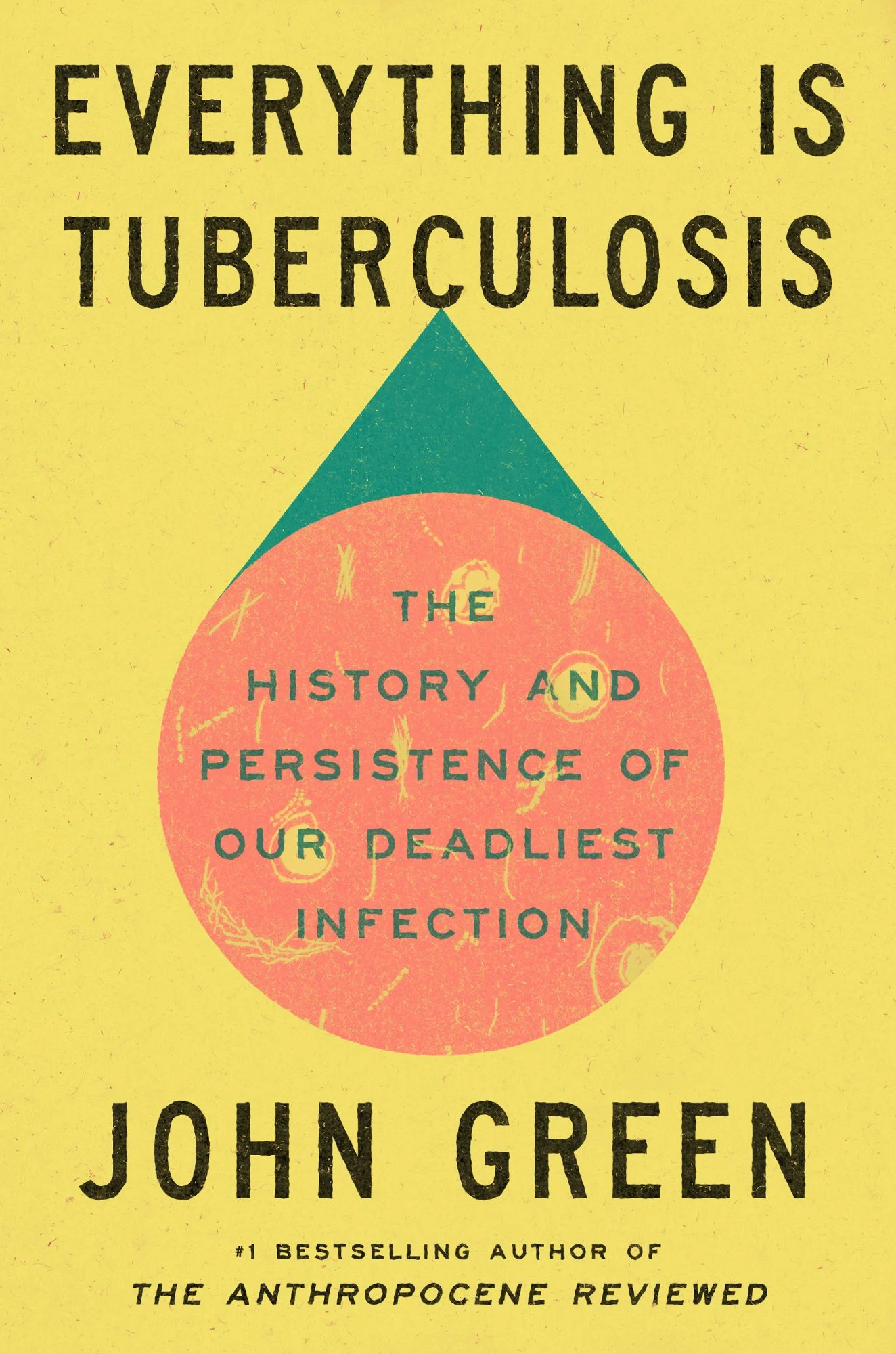
Congratulations on 100!! I get excited when I see your posts in my inbox. I love to hear what you are reading and thinking!